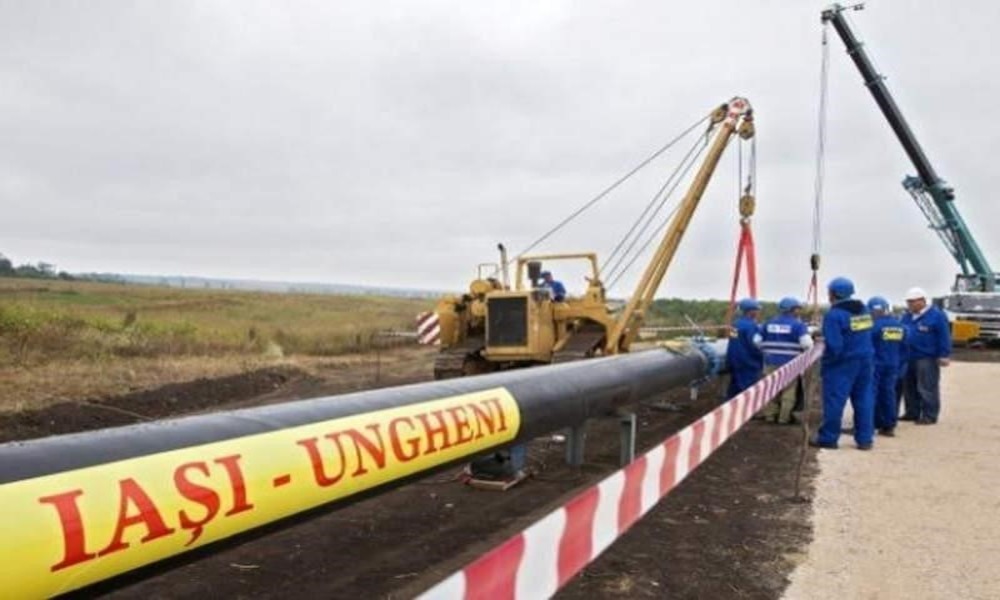ROMANIA MONITOR
Date: 24 December 2018
Strategic Investment of Romania’s Transgaz in Moldova
On November 22, 2018, a contract was signed for the construction of a natural gas pipeline network connecting the north-eastern region of Romania with Ungheni, a Moldovan town located on the border with Romania. The plan assumes that in the future the gas pipeline network will be expanded to Chisinau, the capital city of Moldova. The main investor of the project is the Romanian state-owned company Transgaz. The investment has been estimated to be worth around €152 million, of which €46 million will be covered by EU funds. This project is of strategic importance to Moldova, because it can make the country independent of gas supplies from Russia and link Chisinau with the European gas network.

As a country with close cultural ties with Moldova (e.g. a common language), Romania has been actively supporting this former Soviet Republic in its path to European integration. Infrastructure projects, including the ones in the energy sector, expand Bucharest’s influence in Moldova: not only as a country which lobbies for European integration, but also as a country which has its own attractive development plan. To clarify, Romania develops its own political capital in Moldova by supporting the government in Chisinau on such a sensitive issue as energy security. Over the last two decades, the development of relations between Chisinau and Bucharest has been regarded by the pro-Russian part of the Moldovan society as a ground for the incorporation of the Republic of Moldova into Romania. It seems that future investments in the energy sector will only strengthen pro-Romanian attitudes in the Moldovan society.
So far, Moldova has been practically 100% dependent on gas supplies from Russia. Such a state of affairs poses a major threat to Chisinau’s interests, because Moscow tends to use its monopoly position for political blackmail, which is certainly the case in the conflict between Moldova and Transnistria (also known as Transdniestria). It is important to emphasise that gas supplies from Russia to Transnistria, for which the Russians issue bills to Moldova, are completely out of Moldova’s control. Therefore, the diversification of natural gas supply sources would strengthen Chisinau’s position in the negotiations with the European Union. In this way, the rapprochement with the EU would not pose a risk of being completely cut off from Russia’s gas supplies and the government in Chisinau could develop a foreign policy much more independent of the Kremlin’s geopolitical vision.
It seems that apart from resolving the conflict in Transnistria, energy independence is the most important issue for maintaining a pro-European course in Moldovan politics. The constructive role of Bucharest in supporting Moldova in its efforts to integrate with European structures can only strengthen the positions of both Romania and the EU in Moldova.
All texts published by the Warsaw Institute Foundation may be disseminated on the condition that their origin is credited. Images may not be used without permission.














